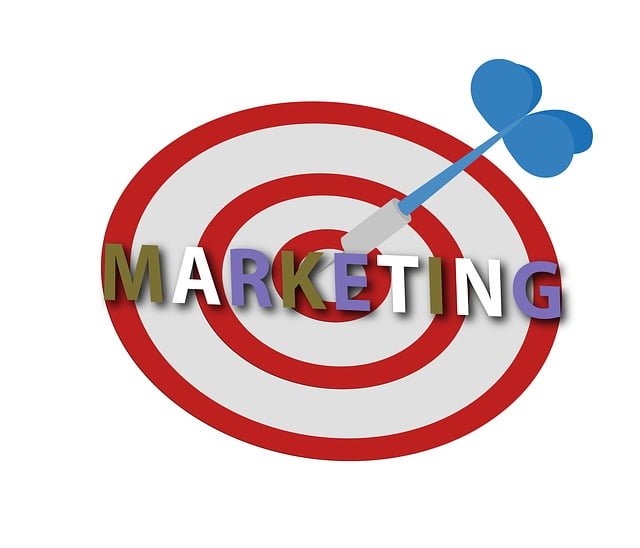Has your Facebook page — your business page — been hijacked or hacked? Can you no longer manage it? Do you see some foreign language and posts? Then, yes, you’re a victim of Facebook Page hacking. It’s happening so frequently these days that Facebook is overwhelmed, and when you try to get help from them, you won’t hear back. It happened to two of my clients. Stumped, I contacted a colleague of mine who is “Meta Certified”, thus knowing way more than me when it comes to all things Facebook.
Karen Hewitt of Blossom to Success was so enlightening that I suggested we do a video. Here it is…
Help! My Facebook Page was Hijacked!
What is Phishing?
Phishing is a type of cyberattack where scammers try to trick individuals into giving up sensitive information like passwords, credit card or account numbers, or personal details. They often disguise themselves as trustworthy entities—like banks, social media platforms, major companies, or popular websites—and use deceptive emails, messages, or fake websites to steal data.
Some common phishing tactics include:

- Email Phishing: Fraudsters send convincing emails pretending to be legitimate institutions, urging users to click malicious links or download harmful attachments.
- Spear Phishing: A targeted approach where attackers research their victims and personalize messages — on Facebook or other social networks — to make them more believable.
- Smishing & Vishing: SMS-based phishing (“smishing”) and voice-call scams (“vishing”) aim to deceive individuals into sharing private information or sending them money.
- Clone Phishing: Attackers duplicate legitimate emails but replace links with malicious versions.
- Pharming: Hackers manipulate websites to redirect you to fake versions of real websites.
It makes me mad that there are so many evil people out there with nothing better to do than to make people’s lives miserable.
Phishing Emails
Here’s a sample of a phishing email I recently received. It did go directly into my Spam folder. I do check it daily to make sure that something real didn’t land there by accident.

First off, I don’t have a QuickBooks account. Right there is a red flag. The other day, I got one of the “DocuSign” ones on my personal email account. I hadn’t had any type of interaction with anyone who’d be sending me a DocuSign. Usually, when I am doing a business transaction, the other party will let me know that they’re sending a DocuSign document. Be smart people!
So, in the case of both of my clients, one person in each account, who had full admin control, fell for a phishing email. That’s all it took.
How can you tell that it’s a Phishing Scam?
Check before you click!
- Look at the sender’s email address. Notice at the top of this sample that the email comes from “bringabout.co.uk”. Definitely NOT QuickBooks.
- Verify URLs before clicking. Hover over the links to check their destination. If it looks funky, it probably isn’t legit.
- Be cautious when you get unexpected emails asking for sensitive information.
- If you don’t or have never had an account with someone, then it’s phishing.
What To Do if Your Facebook Page Gets Hacked…
Forget about it and start from scratch with a different email and with two admins with full control.
How to Hopefully Prevent Your Facebook Page from Being Hijacked…
I say “hopefully” because there is no guarantee it won’t. Ever. With hackers, as soon as you build a bigger and stronger wall, they’ll build a bigger and more powerful cannon.
Here are some tips to help…
- Have more than one full admin on the page. If you have to make major changes, the other admin has to approve them.
- Post daily. Do not neglect your Facebook Page! One of my clients hadn’t posted on the FB page for years. That is like leaving that window open. It shows you don’t care about your page. You can automate posts. There are several ways to do this. Let’s set up a free call, and I can show you how to do this.
- Do like Karen suggests in the video and get verified. Yes, there’s a cost, but if you’re getting — or were getting — business and/or visitors to your website from Facebook, then it’s worth it.
- Don’t fall the the nice friendship comments on your posts. If you don’t personally know the person or have a mutual friend. DO NOT accept a friend request. Here’s one is just got…

He sounds so sweet, right? These types of personal scams have been going on since the invention of chat rooms and message boards. No matter how lonely you are, this person is not and will not be your friend. They are scammers. Period.
More tips on protecting yourself…
- Enable multi-factor authentication (MFA) to add extra security layers. Yes, I know it’s a hassle, but it’s worth it in the long run.
- Keep software and security patches up to date. This includes your website! If you have a WordPress site, read this.
- Use a Password storage system. My developer partners, OnSiteWP, recently published a blog on password protection.
It’s YOUR Business!
In summary, remember that this is YOUR Business! It’s how you market yourself. It’s how you get new clients and customers. Most importantly, it’s how you get sales! If one of your marketing channels is hacked or hijacked, your business is at a standstill until you figure out what happened and fix the problem.
Think of it this way. You wouldn’t leave your back window open at night so a thief could get in. That’s exactly what we do when we’re not wise about our emails, websites, and social media accounts. Also, if the offer seems too good to be true, it’s a SCAM. I know, I fell for one back when I first started in website marketing.
Ignorance: lack of knowledge or information. A well-known phrase is “ignorance is bliss”; therefore, don’t worry about it. However, in this case, ignorance is stupidity.
Naivety: lack of experience, wisdom, or judgment.
Ignorance is not bliss. Ignorance is stupid.
Sorry if you feel insulted, but I’ve been dealing in Internet Marketing for 30 years and I’ve seen the good, the bad, and the stupid. I see the same stupid mistakes over and over again. You’d think with all the knowledge we have at our fingertips, people would be more aware. Back in the day, we’d “Ask Jeeves”. Today, ask ChatGPT, Grok, or Gemini if you have a question on something phishy. Or book a Free 15-minute call with me.









